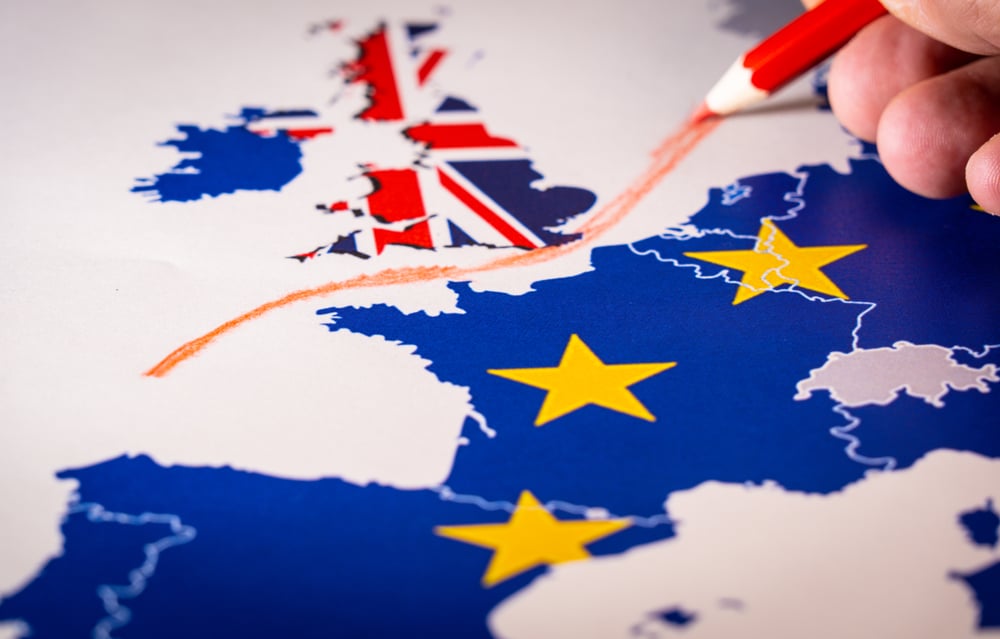
At the World Trade Organization meeting in Geneva, major economic powers like the U.S., India and Brazil that trade with the U.K. have raised concerns on the uncertainty surrounding Brexit, as their commercial losses mount over the extension of the divorce deadline.
While the spotlight on Brexit has largely revolved around trade complications that will arise between the U.K. and the European Union (EU), seldom have the disruptions that this decision causes to countries trading with these two economic powerhouses been discussed.
The subject of contention is a WTO system called the “tariff-rate quotas” that currently allows member countries to strike specific tariff slabs on their imports – depending on the product and the volumes being traded. This has permitted long-term major trade partners to export goods at minimized tariffs, with certain products carrying zero tariffs.
But with Brexit on the horizon, the dynamics behind this seamless trade arrangement with the EU falters as trade partners are unclear if they could hold on to their tariff advantage post-divorce.
In the case of India, roughly 16.5% of its export value to the U.K. is clothing apparel, amounting to over $1.6 billion in trade. Large swathes of this market are taken up by small- and mid-tier businesses that are currently at a loss on how the tariffs will play out after the Brexit fallout.
Australia has come out strongly against the erratically changing Brexit deadline. Australian authorities cited businesses that have stopped exporting beef and sheep meat, unsure if they would manage to hold on to their tariff rate quotas during Christmas – decisions taken based on the previously ordained Oct. 31 deadline. Australia further claimed that businesses had been visibly affected across every single extension that was given to the U.K. to muster a deal.
For the U.S., it is about losing privileged access at reduced tariffs to the U.K. for exports like pizza cheese, pork and wine. “We will be quickly crowded out and face a loss of access to both markets,” said the U.S. in a statement at the WTO meeting. Brazil is not happy with the proceedings either, which is evident as the country stands to witness contractions on its soybean and meat exports to the U.K.
New Zealand questioned the quota split post-Brexit, pointing out that it will be hard for WTO members to continue accessing both the U.K. and the EU markets like before. It asked both parties to sit together and create quotas that are explicitly reserved for WTO members to continue trading as before or to expand on the existing trade quotas to help foster larger bilateral growth.
The tariff rate quotes also pose an additional challenge, as they are determined for the whole of the EU and not specifically for the U.K., which will no longer be the case after Brexit. Trading partners are concerned that dividing the quota would be an issue if either of the two parties decides to trample on the quotas of the other. This might lead to a lopsided advantage for either the U.K. or the EU, which might increase or decrease favorability of trade access to non-EU countries.
Blaming this uncertainty, countries have approached the WTO for compensation from both the U.K. and the EU if the tariff rate quotas are not split in a way that benefits the two parties on either side of the English channel equally, while simultaneously making sure it does not hinder trade with non-EU nations.
The current deadline for Brexit is Jan. 31, 2020, but the U.K. will go to vote on Dec. 12 as decided by the British Parliament and also continue holding talks with the EU to negotiate on a deal.

